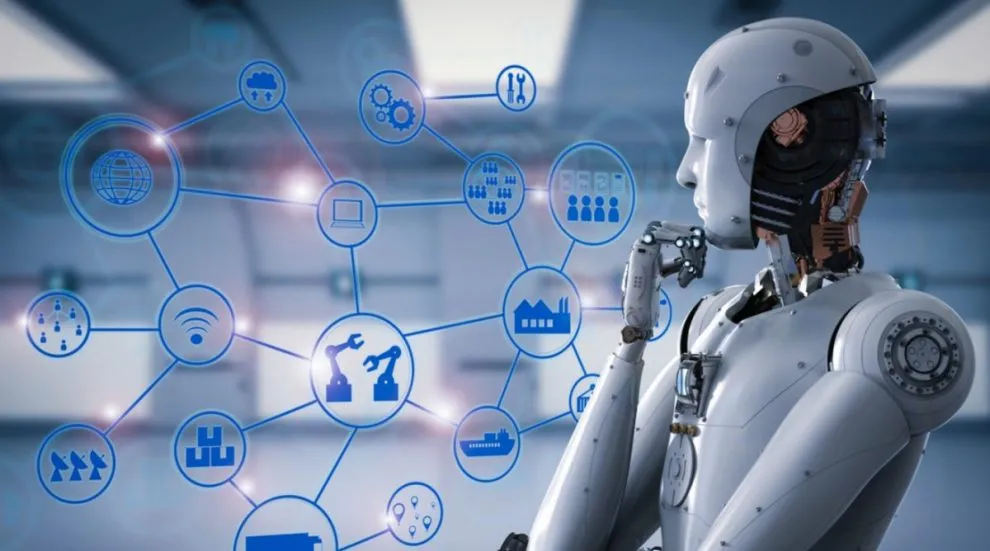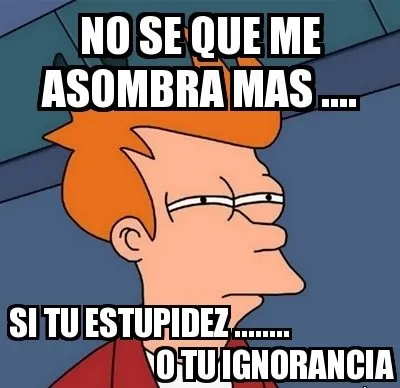The development of artificial intelligence -based solutions (AI) has multiplied "exponentially" in the case of diabetes, according to a Spanish study published last May in the 'JMIR' magazine, thanks to a scholarship of the Spanish Federation ofRare diseases (Feder).
The analysis, directed by Dr. Josep Vehi, Professor of Electrical and Biomedical Engineering at the University of Girona, points out that the prediction of glucose levels "is being possible" thanks to the systems of AI based on large amounts of data, and "Vato allow many more individualized treatments. "His team participates in the Spanish artificial pancreas and diabetes technology consortium.
"The methods of AI, in combination with the latest technologies, have the potential to allow risk assessment, patient supervision and security in pathologies such as diabetes," said Vehi, who adds that all these methods "They combine in a decision -making support system that will help patients in diabetes self -control for any type of therapy. "
Dr. Vehí's research also states that the availability of genetic data "has also allowed the application of methods of AI to the personalization of diabetes management."
Precisely the development of solutions for patients with type 2 diabetes and cardiovascular disease is one of the challenges of health hackathon, which is celebrated this Friday and Saturday at the National Cardiovascular Research Center Carlos III (CNIC), specifically the Boehringer Ingelheim challengeType 2 diabetes and cardiovascular risk.
This event, organized by the Association of Researchers in ESALUD (AIES) and the Agencia Com Salud, is the prelude to the National Health Hackathon, in which health professionals, patients and programmers co-create digital health solutions.A 'Design Thinking' (Big Data Data and Artificial Health Intelligence, with the participation of about forty experts in mobile health technologies (ESALUD) will also take place.
The recent appearance in the Big Data E IA systems market to support the doctor in clinical decision making is one of the issues that will be discussed in this design Thinking that will be held in the CNIC.They will also serve as an example for the solutions raised by the teams that work in Hackathon Health.
Diabetes Tipo 1 desde 1.998 | FreeStyle Libre 3 | Ypsomed mylife YpsoPump + CamAPS FX | Sin complicaciones. Miembro del equipo de moderación del foro.
Autor de Vivir con Diabetes: El poder de la comunidad online, parte de los ingresos se destinan a financiar el foro de diabetes y mantener la comunidad online activa.
Sígueme en Instagram
The future, or the present, goes here ... in another forum there was talk of the "experience" that a person contributed (endocrine, even if it were from the old school next to retire, or not so close) to show it how an advantageRegarding technology ... which years ago I could understand, but you have to take into account a thing ... the experience in technology, it also exists, and is called Big Data.In the near future, if not imminent, decision -making will be made based on recommendations of a machine (in fact, in DIY systems it is already acting under a free and "without control" program, always under the risk of each userthat uses it).But Big Data is the greatest source of experience, which for ours, will be very important.And we reach the point of "the data", the Big Data needs just that, data, what we keep (or not so much), but that the manufacturers have (when using their platforms), and each one keeps jealously.Perhaps some organism should appear that for these purposes group all data simply for analysis and acquire a monumental experience, but I am afraid that this will not be so, and instead of generating a common experience (big data) for each one, each one goesto generate "your experience" more limited than the whole (but will provide an advantage in the market).
Without a doubt ... we are at the time of change, and those of us who are in direct contact with technology in one way or another, we see it, and it will not be the AI and the Big Data who supports the doctor ... if notThat it will be the doctor, who simply "firm" the decision of technology (say a last filter to see anything weird), although many we will take them - we are already doing it under our responsibility - although there is no approval of organisms or manufacturers forIt (many times, simple bureaucracy).In this disease where everything is based on quick decision making, where there are no 2 days equal ... AI and Big Data will be imposed, compensating with its immediacy, the risk of error, at least under my point of view.
Greetings



